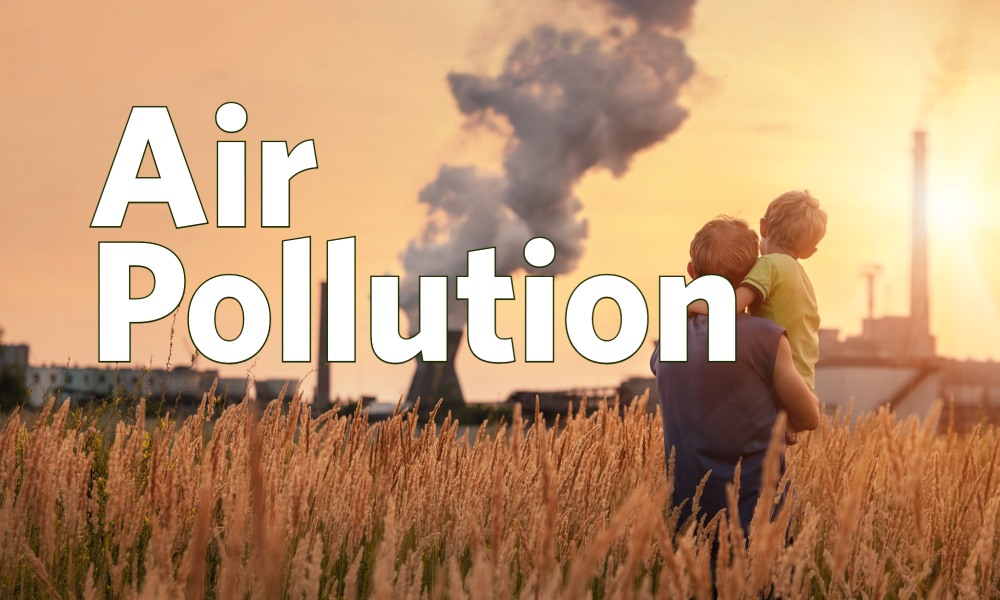
State Public Records Law
Colorado Open Records Act
For provisions concerning the distribution of reports of agencies pursuant to the “Information Coordination Act”, see § 24-1-136; for provisions concerning access to records pursuant to federal law, see the “Freedom of Information Act”, 5 U.S.C. § 552. Colorado Revised Statutes (2017)»
Read the full text
Exemptions to Disclosure
Public records do not include:
- Work product. Work product means all intra-or inter-agency advisory or deliberative materials assembled for the benefit of elected officials, which materials express an opinion or are deliberative in nature and are communicated for the purpose of assisting such elected officials in reaching a decision within the scope of their authority. Such materials include, but are not limited to notes and memoranda that relate to or serve as background information for such decisions; preliminary drafts and discussion copies of documents that express a decision by an elected official.
- An e-mail message must be for use in the performance of public functions or involve the receipt of public funds. A message sent in furtherance of a personal relationship does not fall within the definition. The fact that a public employee or public official sent or received a message while compensated by public funds or using publicly owned computer equipment is insufficient to make the message a “public record”. Denver Publ’g Co. v. Bd. of County Comm’rs, 121 P.3d 190 (Colo. 2005).
- §24-72-204 states that the custodian may deny a person’s right to inspect records such as “the specific details of bona fide research projects being conducted by a state institution, including, without limitation, research projects undertaken by staff or service agencies of the general assembly or the office of the governor in connection with pending or anticipated legislation;” and
- Trade secrets, privileged information, and confidential commercial data;
- Records protected under the common law governmental or “deliberative process” privilege, if the material is so candid or personal that public disclosure is likely to stifle honest and frank discussion within the government;
- Veterinary medical data, information, and records on individual animals that are owned by private individuals or business entities, but are in the custody of a veterinary medical practice or hospital, including the veterinary teaching hospital at Colorado state university, that provides veterinary medical care and treatment to animals;
- Email addresses provided by a person to a state institution for future communications may be exempt if disclosure is contrary to “public interest”
Access Rights
- All persons
- Custodian can make rules re: inspection that are reasonably necessary for the protection of such records and the prevention of unnecessary interference with the regular discharge of the duties of the custodian or the custodian’s office
- Reasonably prompt response to request for records (w/in 3 business days) – extenuating circumstances must be explained
- In no event can extenuating circumstances apply to a request that relates to a single, specifically identified document.
- Can request reasons for denial of access
- Fees – § 24-72-205, amended by 2014 Colo. Legis. Serv. Ch. 142 (H.B. 14-1193) (WEST); can’t exceed $0.25 per page for copy of the record, or fee not to exceed actual cost of providing copy in whatever format it is provided
- Possession by public entity doesn’t render record public
- If records are not immediately accessible/available the “reasonable” amount of time for their delivery is 3 business days or less
- Can’t exceed 7 business days
- No fee for email transmission
Destruction of Public Records
- 24-80-103 et seq states that record custodians must periodically consult with the department of personnel and the attorney general of the state to determine whether the records in question are of legal, administrative, or historical value. Those that do not can be destroyed, after a list of such documents is compiled, and the custodian, department of personnel and AG certify that this law has been complied with.
- Custodian must consult with the department of personnel and they will determine whether the records are of legal, administrative, or historical value. Records that do not fall within one of those classifications will be disposed of according to the officer.
- A list of all of the disposed records along with a statement certifying compliance signed by the officers must be filed and kept in the office that the records were taken from.
Whistleblower Score
Rank: 13/51
Colorado has a reasonably strong state whistleblower law with moderately broad coverage (18 out of 33 possible points) with a high degree of usability (27 out of 33) and strong remedies (21 out of 33).
What’s New In Colorado?
Colorado News
Statement of Support – Colorado Legislation HB1036 – 02-03-2023 (PDF)
DESCRIPTION: Statement of support of Colorado legislation HB1036 - a bill designed to encourage the use of ...
Letter to EPA Region 8 – Next Steps on Colorado Department of Public Health and the Environment
DESCRIPTION: Letter to EPA Region 8 Administrator KC Becker requesting meeting on Colorado Department of Public ...
Substantial PFAS Contamination Found in Pesticides in Colorado
Threat to Food Chain Justifies Colorado Ban of All Pesticides Containing PFAS
Colorado Balks at EPA Ozone Reducing Recommendations
State Resists Reforms Identified by Whistleblowers and Confirmed by EPA
EPA Validates Colorado Air Whistleblowers’ Charge
State Directed to Fix Illegal Permits and Cease Enabling Pollution Evasions
Op-Ed | An alarm is raised, little is done, and employees flee
Fed up with the state’s failure to regulate air permits, three state employees came forward about a year ago, but ...
COMMENTARY | Colorado PFAS Prevention Act Passes
On May 11, 2022, the Colorado Legislature tackled the PFAS contamination crisis by passing one of the most ...
Letter to EPA and Colorado DPHE- Review of Civil Rights Compliance
DESCRIPTION: PEER letter on state of Colorado’s air permitting program with regard to EPA’s nondiscrimination ...
Denver Superfund Site May Be Leaching Toxic PFAS
Groups Seek State Testing and Monitoring at Lowry Landfill Superfund Site
Illegal Colorado Air Pollution Permits Targeted
First Major Test for State’s New Environmental Justice Action Task Force
Op-Ed | Why KC Becker holds the key to Front Range air quality
Colorado has been badly out of compliance with National Ambient Air Quality Standards (NAAQS) for a decade now. ...
Implementation of the Minor Source Permitting Program in Colorado – 01-05-2022 (PDF)
DESCRIPTION: Presentation on the Implementation of the Minor Source Permitting Program in Colorado from 2010 - ...
COMMENTARY | Opaque Decision-Making at The Colorado Air Pollution Control Division
Colorado Air Pollution Control Division has a convenient history of bad record keeping at a time when reporters, ...
Colorado May Have the Most PFAS Sites of Any State
EPA Identifies Around 120,000 Potential PFAS Sites in U.S. – Far More Than Ever
Colorado AG Probe Confirms Air Pollution Failures
Pollution Permits Improperly Issued; Managers Took “Unjustified” Actions
STATEMENT | Bureau of Land Management to Re-Open DC Headquarters
PEER applauds the Bureau of Land Management's decision to return its headquarters to Washington, DC.
Political Sabotage by Anti-Wolf Colorado Parks Manager
State Funds and Staff Used to Undermine Governor and Wolf Advocates
Letter to Megan McCarthy
DESCRIPTION: Letter to Megan McCarthy regarding the 2021 Annual Sulfur Dioxide (SO2) Report
TO: Air Quality ...
Pawnee Coal Plant Causing Clean Air Act Violations
State Fails to Control Coal Plant Emissions Endangering Public Health
Colorado Air Pollution – Gold and Fossil Fuel Mining
Several mines in Colorado received unlawful air permits that do not comply with air quality standards as a result ...



